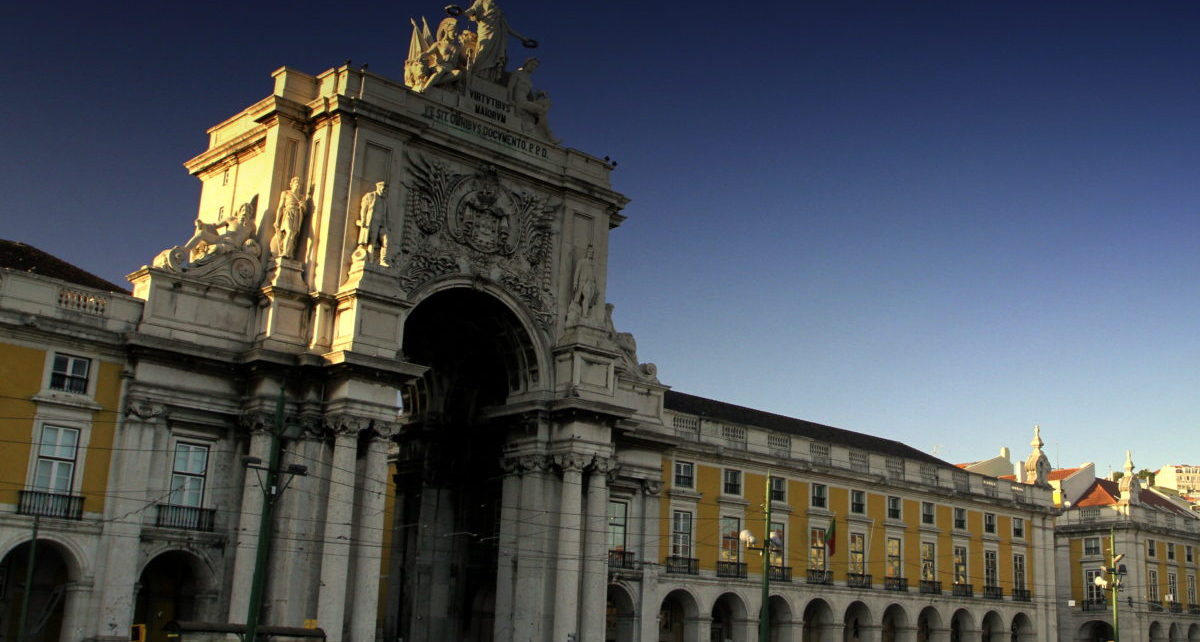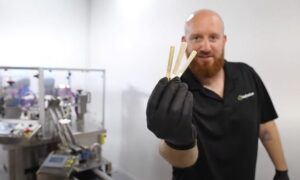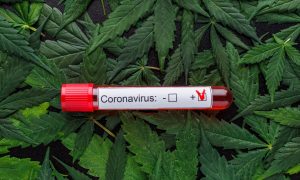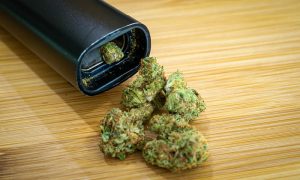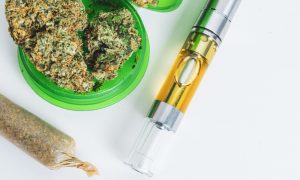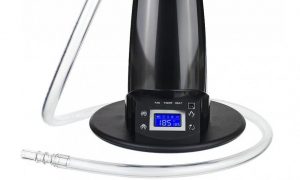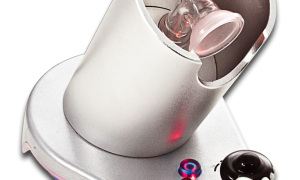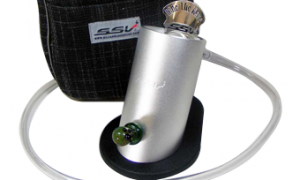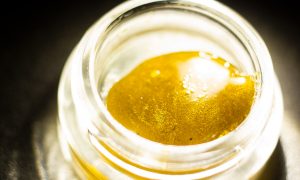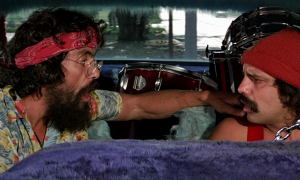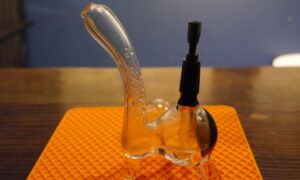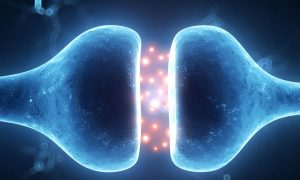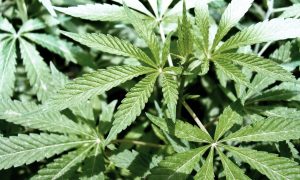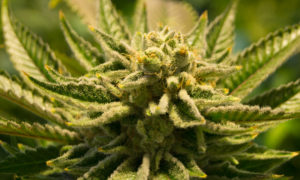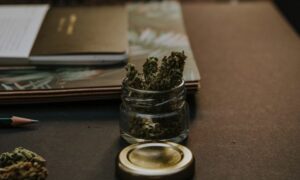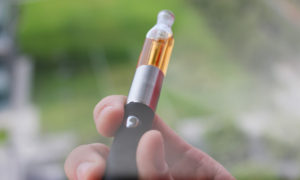Portugal is a prime example of what happens when you alter drug laws. In 2001 the government decriminalised all drugs in response to what was deemed a “rising drug problem”. This move was controversial: it had never been done in the western world and fears regarding rampant drug use among the Portuguese people surrounded the debate. Despite the fear, the Portuguese Government went through with decriminalisation, and several years down the track we have data and research to assess the results.
MORE: How should we even regulate cannabis in Oz?
“Portugal’s history with drugs differs from much of the Western world”
How does it work?
The new drug policy decriminalised all drugs, meaning that drug possession and drug use are no longer criminal offences. They are still illegal, but they don’t incur criminal punishments. Instead of being treated as a judicial issue, drug use and possession are now treated through the health system. Drug trafficking, however, is still considered a criminal offence and is processed through the judicial system.

The Flag of Portugal
People caught with personal usage amounts of any drug (less than ten-day supply) are not arrested, but must attend a dissuasion committee where a panel of officials assesses the person’s potential “addiction” to the substance in question.
The dissuasion committee is made up of three officials: one from the legal arena and two from the health arena. In most cases it is a lawyer, a doctor and a social worker. The committee assesses the person in question and chooses the best course of action. They can refer the person to attend a voluntary treatment program, pay a fine and issue other administrative sanctions. Most cases (around 80%) are deemed non-problematic and no penalty is issued.
Background
Portugal’s history with drugs differs from much of the Western world, especially that of its European neighbours in the 20th century. Up until 1974 Portugal was under a military dictatorship which was insular and authoritarian. As a result, Portugal was largely excluded from the European community, which meant that it was also excluded from the larger European drug culture.
“Despite fears that decriminalisation would encourage drug usage, the evidence 14 years down the track suggests otherwise”
Upon the collapse of the dictatorship, the result of a bloodless military coup called the Carnation Revolution on April 25 1974, things started to change in Portugal. The people of Portugal, freed from the authoritarianism of a dictatorship, underwent a period of widespread experimentalism in regards to politics, the economy, and of course drugs. As with all experimentation, this period had its shortfalls.
Changes to colonial policies and trade restrictions drastically altered the functioning of the country.
It gave up its colonies and colonists and soldiers returned, bringing with them new ideas and new drugs from around the world. Borders reopened and travel and trade were made far easier.

A mural celebrating the revolution: “Always 25 April!” c: Henrique Matos
Due to its geographical position at the far western tip of Europe and its relative proximity to Northern Africa, Portugal became somewhat of a drug highway for the rest of Europe (it’s still known as the hash capital of Europe due to its proximity to Morocco). Soon enough people and drugs were flooding through the country, and drug use became part of the Portuguese liberation culture.
Eventually things got out of hand and Portugal was faced with a drug crisis. It tried the traditional conservative approach taken by other world powers of prohibition and heavy policing, but to no avail. The problem worsened and by 1999, almost 1% of the population was addicted to heroin and drug-related AIDS deaths were the highest in the European Union.
New national drug strategy
Faced with a growing problem and the futility of the current method, the Portuguese government decided to take an alternative approach and decriminalise all drugs in 2001, a policy which still stands today. This was a controversial policy at the time, starkly contrasting with the punitive drug policies of other western nations. Despite fears that decriminalisation would encourage drug usage and increase the rate of addiction and drug-related harm, the evidence 14 years down the track suggests otherwise:
• No major increases in drug use
Rates of drug use have remained relatively stable in Portugal since decriminalisation. There was an initial increase, but over time the figures have stabilised and have shown a slight decrease. Portugal’s rates of drug use remain below the European average.
• Reduced problematic and adolescent drug use
Adolescent and problematic drug use — dependency and injecting— have shown a decline since 2003. Portugal actually shows lower rates of problematic use than countries with more punitive policies.
• Fewer people arrested and incarcerated for drugs.
The number of people arrested and incarcerated for drug offences has declined by 60% since decriminalisation and adoption of the new national drug strategy.
• More people receiving drug treatment
Between 1998 and 2011 the number of people receiving drug treatment increased by 60%. Treatment programs are voluntary, and approximately 70% of those who seek treatment undergo opioid-substitution therapy, the most effective treatment for opioid dependency.
• Reduced incidence of HIV/AIDS
The numbers of new HIV and AIDS cases among drug users have dropped considerably. From 2003 to 2011 the number of new HIV cases dropped from 1,575 to 74 and new cases of AIDS have dropped from 626 to 74.
• Reduced drug-induced deaths
The number of deaths from drug overdose dropped from 80 in 2001 to 16 in 2012.
• Reduced social costs of drug misuse
A 2015 study revealed that since the new Portuguese national drug strategy, the per capita social cost of drug use has dropped by about 18%.
Beware the trap
While it’s easy to cite the success of Portugal’s decriminalisation in order to get what we want here, it’s important to acknowledge that not all of the positive changes are just because of decriminalisation. There are many other aspects of Portugal’s drug policy that have contributed to the decline in addiction and addiction-related problems, namely an expansion of treatment and harm reduction services such as access to sterile syringes, methadone maintenance therapy and other medication-associated treatments.
What is interesting, however, is how this policy represents an alternative way of viewing drug use. Decriminalisation is just one aspect of a larger drug policy that views problematic drug use not as a legal issue, but as a health issue. The results from studies of Portugal’s drug policy seem to suggest that taking this approach has far more benefit to society as a whole than the punitive approach seen in most of the world. Let’s hope that other nations can learn from Portugal’s example.
Hero image: The seat of the Supreme Court of Justice at Terreiro do Paço square, Lisbon

